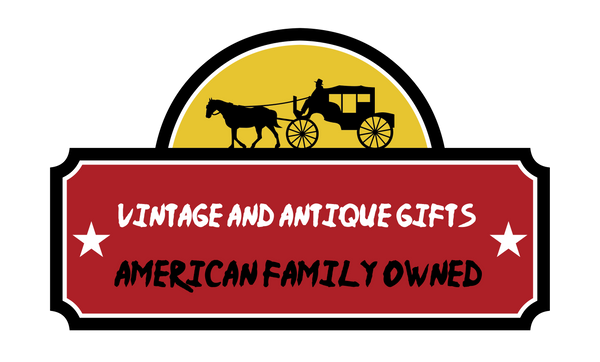Circus Therapy Soars Beyond the Big Top for Personal Growth
When we think of the circus, we often picture thrilling acrobats, mesmerizing clowns, and dazzling tightrope walkers. But did you know that circus therapy, also known as circus arts therapy, can be a powerful form of healing? Circus therapy blends the joy and creativity of performing arts with therapeutic benefits for individuals of all ages, backgrounds, and abilities.
The Healing Power of Circus Arts
Circus therapy integrates various techniques like juggling, aerial arts, trapeze, and stilt walking to enhance physical, mental, emotional, and social well-being. By combining art, play, and physical exercise, circus therapy promotes healing and personal growth.
So, how does circus therapy work? Let's dive deeper into its aspects:
1. Physical Benefits
Engaging in circus activities improves balance, flexibility, and overall physical fitness. From balancing on a tightrope to swinging from a trapeze, participants can boost their strength and coordination, making it beneficial for those with physical disabilities or recovering from injuries.
2. Cognitive Stimulation
Learning circus skills involves problem-solving, concentration, and memory recall. Participants must remember movement sequences, adapt to tasks, and make quick decisions, stimulating cognitive functions. Circus therapy is an effective tool for those with cognitive impairments or neurological conditions.
3. Emotional Well-being
Expressing emotions through performance can be cathartic. The circus offers a safe space for exploring and releasing emotions, promoting liberation and empowerment through creative self-expression.
4. Social Interaction
Circus therapy often occurs in group settings, fostering interpersonal connections and social interaction. Participants support one another as they learn and perform circus skills, developing camaraderie and social skills, especially beneficial for those who feel isolated.
Who Can Benefit from Circus Therapy?
Circus therapy benefits individuals from diverse backgrounds and abilities, including:
1. Children and Adolescents
Circus therapy promotes emotional and social development in children and adolescents, enhancing self-esteem, body image, self-discipline, and communication skills. It addresses emotional and behavioral challenges in an engaging way.
2. Individuals with Disabilities
Circus therapy is inclusive and adaptive, providing a platform for self-expression, physical rehabilitation, and a sense of accomplishment for individuals with disabilities.
3. Mental Health Clients
Circus therapy offers a unique form of therapy for individuals with mental health conditions, reducing anxiety, alleviating depression symptoms, and enhancing overall mental well-being through creative self-expression.
4. Seniors
Seniors can also benefit from the physical and emotional advantages of circus activities, improving mobility, cognitive functions, and social engagement.
Circus Therapy: Breaking Barriers and Inspiring Transformation
Circus therapy breaks down barriers and inspires transformation by challenging stereotypes and prejudices, creating a space for personal growth, empowerment, and self-acceptance.
Through circus therapy, individuals uncover hidden strengths, build resilience, and develop a sense of belonging, fostering a positive mindset that extends beyond the circus ring into everyday life.
Conclusion: Unleash Your Inner Performer
Discover healing, self-discovery, and personal growth through circus therapy.
